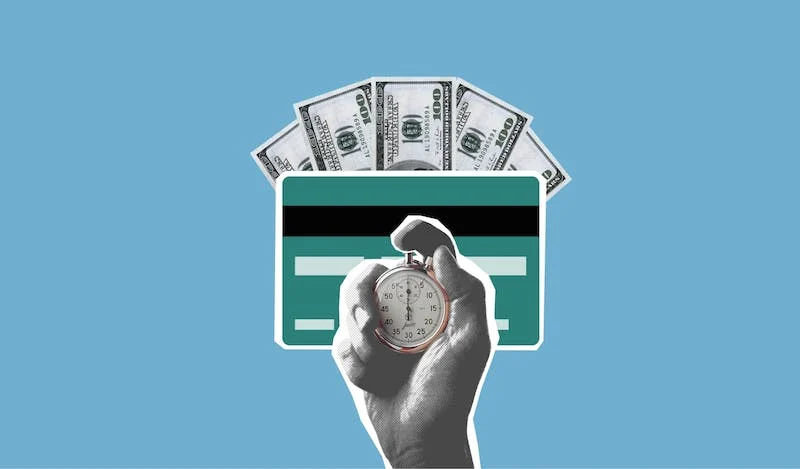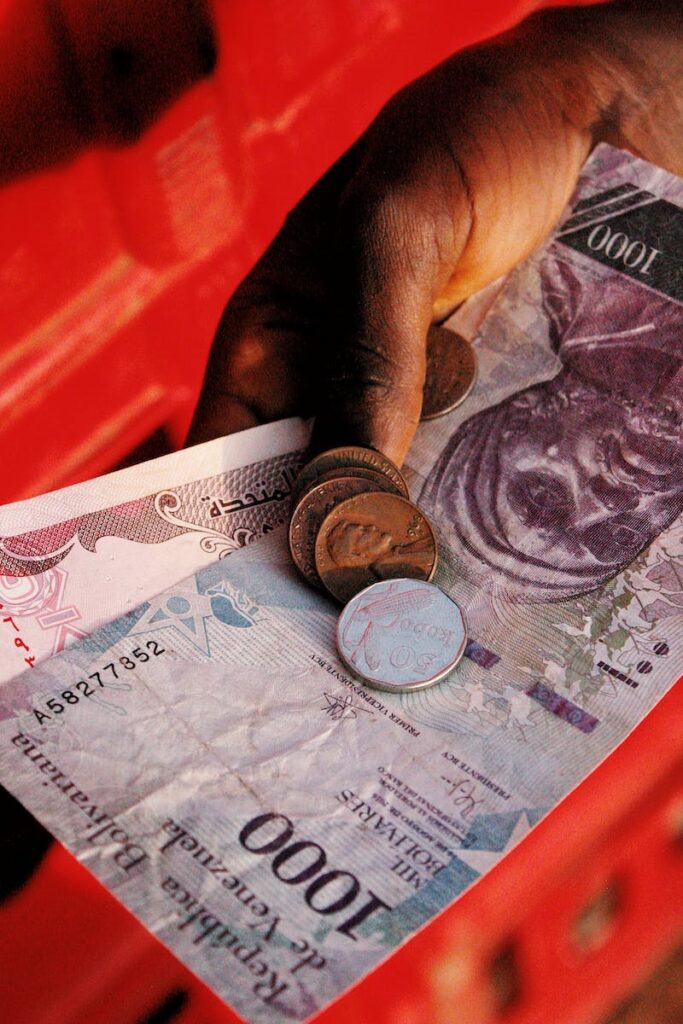
See 17 Amazing Ways To Make Money
Click the button below for FREE access to amazing exclusive content on KommunityKoin.
Let’s Really Understand The Idea Of Time Banking
People often find it difficult to understand the concept of time banking. So let’s see if we can clear things up a bit so that people have an idea of how to make use of this resource in their lives.
Even though time banking is not the same as bartering, let’s talk about it, initially, as if it were the same. Let’s talk about bartering first, and then we will talk about how time banking differs from that.
In bartering, you may have something that someone else wants and they may have something that you want. So then, you exchange the thing that you have for the thing that the other person has. No money changes hands. Instead, you just trade what you have for what the other person has.
And this can work well if you have chickens that lay eggs and your neighbor wants eggs and your neighbor repairs lawnmowers and you happen to need your lawnmower repaired. In this situation, you can exchange eggs for lawnmower repair. This is called direct bartering.
But what if you need your lawnmower repaired and the neighbor doesn’t like eggs. What do you do then? This is where indirect bartering is necessary and money is a kind of indirect barter instrument. You can sell your eggs to someone that wants eggs and then use that money to pay the neighbor to fix your lawnmower.
So, using money is a way of bartering indirectly. In this scenario they were using the money as an indirect barter instrument. This makes bartering much easier because you don’t have to find someone that has what you want who also wants what you have.
But what happens if you don’t have money or money loses its value? Whether that’s because of an economic collapse, economic crisis, banking collapse, hyper-inflation, government or political instability or just general economic instability for whatever reason.
This happens alarmingly often all around the world. It has happened in every country that has ever existed and if you think that your country or government is immune from that, you are mistaken.
What Happened In Venezuela

The Venezuelan political and economic crisis, which has led to more than seven million people leaving the country since 2015, came about as a result of a fairly common political situation. Despite being one of the most oil rich countries in the world, the political situation, one where the elected president decided to make radical political and social changes (though they seemed to be a good thing at first) ultimately led them down a road to economic collapse.
In fact, if we look back through history, we find that anytime a government makes radical changes and starts moving quickly in a different direction, instability tends to follow – often leading to economic consequences. Have you noticed any other governments in the world making radical political or social changes in recent years? And in more recent times, Argentina and Lebanon have suffered similar fates.
But if we were to examine more closely, we would see that dozens of countries around the world have suffered devastating economic problems in the last few decades.
Of course, that could never happen in your country. Your country’s economic situation is eternally stable. But, just for the sake of argument, what if your country did suffer an economic collapse? Then a return to direct bartering would be the only option you had left – and that’s exactly what happened in Venezuela. That is, unless there were another indirect instrument that you could use for your transactions.
Build A Community To Help

Let’s say that you build an exchange community, and in this community you have 50 people. Each of these people has their own skills and resources to offer.
Bob enjoys cutting grass and working in the yard. Sally enjoys giving piano lessons. Betty is an excellent homeopath. Janice is a gardener and grows vegetables. Randy is a handyman and can fix just about anything. Rick is a hairstylist. Miguel is very good at fixing cars. Lily loves to cook. John speaks several languages and likes to tutor people. Jim is a tax accountant. Frank is a website designer. And the list goes on.
Sally would like for Bob to cut her grass, but Bob does not want to take piano lessons. Bob would like a haircut but Rick likes cutting his own grass. Randy would like to learn to speak Spanish but John doesn’t need anything fixed around the house. Frank needs his taxes done but Jim doesn’t need a website. Lily, who enjoys cooking, would like to have some vegetables from Janice’s garden, but Janice does her own cooking and doesn’t need Lily to cook for her. So, all of these people have things to offer, but no direct way for exchanging these things.
So, Jeffrey, who is also a part of this community, owns a printing shop, and he, in coordination with the managing members of this community, decide that they’re going to print their own barter coupons. These coupons will act as an indirect barter instrument. So that, Lily can get vegetables from Janice’s garden by giving her coupons and Janice can get Spanish lessons from John and Randy can get a haircut from Rick. All paying with their barter coupons. This little community develops into a thriving economy, where barter coupons are the currency rather than dollars. This is an example of a nascent market economy.
A market economy, is an economy based on supply and demand and the idea of profitability. Each member of the economy tries to maximize their profit in dealing with other members of the economy. And given enough time, this little barter community would grow into an economy similar to that of a government’s economy. This is the nature of a market economy.
How Time Banking Differs

Time banking is very different, however. If this community of 50 people had adopted a core economy, philosophy, rather than a market economy philosophy, it would have been a very different picture.
The core economy is not so much concerned about supply and demand and profitability. The core economy is more concerned with community building, networking, goodwill and neighborliness. In the core economy, people do things for the other members of their community because it’s the right thing to do, not just because it’s profitable.
In a core economy driven community, Janice would have just given vegetables to Lily without expecting compensation or the receipt of something of equal value. So then, how is this helpful to the members of the community? Nobody’s making a profit? How could that possibly be a good thing?
This is where time banking comes in. Time banking is a way of keeping track of charitable contributions to members of a community in such a way that all members of the community receive an equitable share of the resources of that community.
Bob can cut peoples grass, Sally can give piano lessons, Betty can treat people with her homeopathic remedies, Janice can give vegetables to other members of the community, Randy can help people fix things around the house, Rick can cut people’s hair, Miguel can fix cars, Lily can cook for people, John can teach people to speak other languages, Jim can help people with their taxes and Frank can help with websites. All without direct compensation.
Hold On. It’s Not That Bad

If you’re having a panic attack right now because nobody’s getting paid and you want to know where these people are getting money to pay their bills. Take a deep breath and just keep listening.
All of the members of this community have paying jobs where they earn money to pay the bills that they need to pay with money. But in addition to that, they also belong to a time banking community where they can build mutual assistance and mutual aid relationships within a network. And within this network, they have access to resources from other members of their community.
The things that they gain from being a part of this community they gain free of charge, but they still gain. And the time banking system keeps track of all of these things, so that no one member of the community is giving or receiving more than their fair share.
Time banking is not a way of replacing money or replacing the market economy. Time banking is a way of supplementing a person’s situation. A situation where they may not have enough money to meet all of their needs.
By building a mutual aid network, a person has access to resources that they need without having to pay to receive those resources. What they do, instead, is provide resources to other members of the community. This is all done in an equitable and accountable way. Kind of a “pay it forward” philosophy.
Think of it like this, you’re working on your car and you run into a situation that you don’t know what to do so you call your brother-in-law, who is an auto mechanic, and he comes over and helps you. He’s not expecting to be paid for that. But maybe six months later, he’s moving and needs you to help. You don’t charge him for that either.
This is what mutual aid is about. Helping each other in times of need. Time banking just keeps track of these things so that mutual aid can be done on a larger scale and in a way that is fair and balanced.
Just think of it like you have a family, all helping each other when help is needed. No one is paying for the help but they are all getting the help that they need anyway. Now, imagine, that through time banking, this family has a million members. That’s a lot of help.
Time banking doesn’t replace money, it builds community and that can be more valuable than money sometimes.
Very good explanation